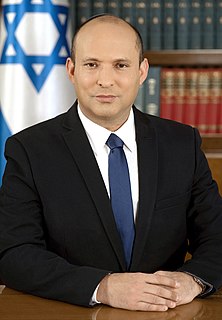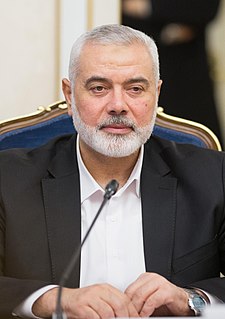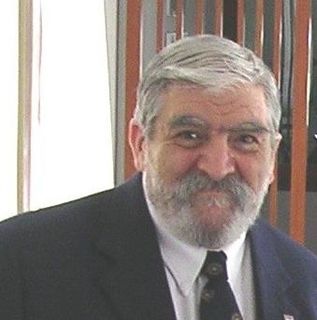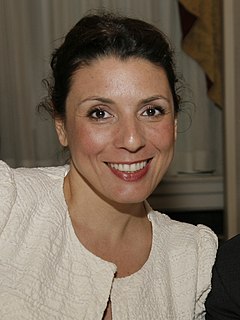A Quote by Edward Said
It's very hard, for example, to justify the thirty-four-year occupation of the West Bank and Gaza. It's very hard to justify 140 Israeli settlements and roughly 400,000 settlers.
Related Quotes
I consider both the West Bank and Gaza to be colonised, even though Gaza is not occupied in the same way that the West Bank is. The Israeli government and military control all goods that pass in or out of that area, and they have restricted employment and building material that would allow Palestinians to rebuild homes and structures that were destroyed by bombardment.
In some of the Israeli media, but not all, they read about very nasty things done by Israeli settlers and soldiers to Palestinian Arabs. This is a pain in the neck for many Israelis. They say: Leave us alone, what can we do about it? Or they say: Look at Syria, look at Iraq, the West Bank is paradise by comparison. I was one of the first to say, shortly after the Six-Day War, that occupation is corrupting. It corrupts the occupier and, in a different way, it corrupts the occupied.
In 1948, I began coaching basketball at UCLA. Each hour of practice we worked very hard. Each day we worked very hard. Each week we worked very hard. Each season we worked very hard. Four fourteen years we worked very hard and didn't win a national championship. However, a national championship was won in the fifteenth year. Another in the sixteenth. And eight more in the following ten years.
From the U.S. point of view, negotiations are, in effect, a way for Israel to continue its policies of systematically taking over whatever it wants in the West Bank, maintaining the brutal siege on Gaza, separating Gaza from the West Bank and, of course, occupying the Syrian Golan heights, all with full U.S. support.
There's a difference between someone who's 'harsh' and someone who is 'hard.' Life was hard. You lived in the South, as my grandparents did, and you had to survive. That is hard. In order to respond to that, he had to become a hard man, with very hard rules, very hard discipline for himself, very hard days, hard work, et cetera.
He is someone who is involved in the Israeli-Palestinian conflict in a fundamental way. Let's start with who Dani Dayan is. He was the former head of one of the main settler councils, the Yesha Council, which is a kind of umbrella organization for settlements in the occupied West Bank. Now, you know, for some countries this might not be an issue, but Brazil has made a point of its policies on the Israeli-Palestinian issue.





































